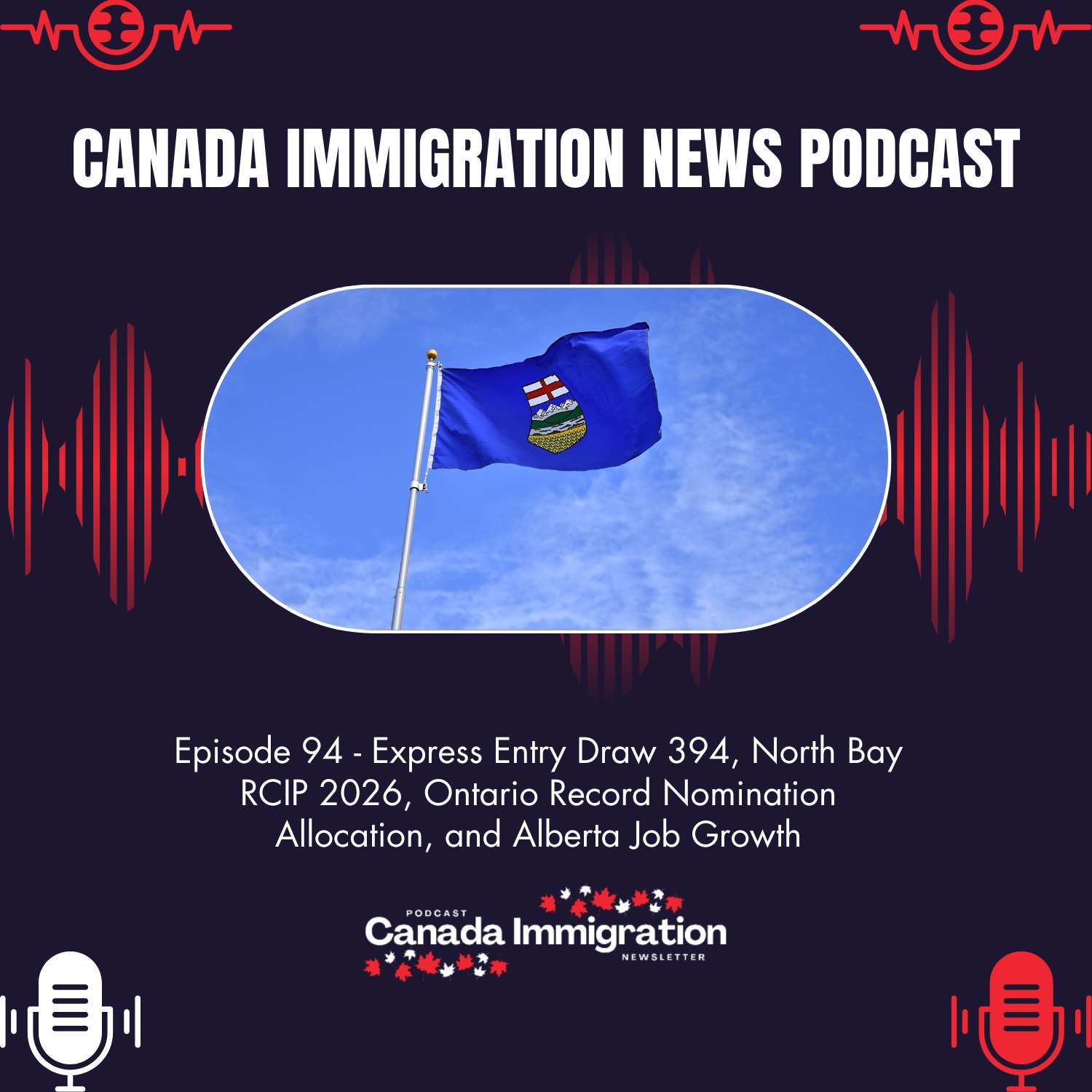Study in Canada
Canada Sets New Limits on Study Permits for 2025

Canada is taking further steps to manage its international student population by finalizing the 2025 study permit allocations. The Immigration, Refugees, and Citizenship Canada (IRCC) has announced a cap of 437,000 study permits for 2025, reflecting a 10% decrease from the 2024 limit. This decision aims to balance the growing demand for study permits with the country’s capacity to support international students in terms of housing, healthcare, and other essential services.
Key Changes in 2025
IRCC’s 2025 allocation introduces several updates to ensure effective management of international student intake:
- Provincial Attestation Letter (PAL) Requirement Expansion: Master’s and doctoral students, as well as most in-Canada applicants, must now provide a PAL or a Territorial Attestation Letter (TAL) with their applications.
- Exemptions: Students from kindergarten to grade 12, certain government-prioritized groups, and those extending existing study permits at the same designated learning institution (DLI) are not required to submit PAL/TAL.
- Graduate Student Allocation: Special provisions have been made to secure spaces for graduate students, ensuring their educational opportunities remain unaffected.
Breakdown of Study Permits for 2025
| Category | Study Permits Issued |
| Graduate degree students | 73,282 |
| Kindergarten to grade 12 students | 72,200 |
| Other PAL/TAL-exempt applicants | 48,524 |
| PAL/TAL-required cohorts | 242,994 |
| Total | 437,000 |
Among the 437,000 study permits, 120,724 are reserved for PAL/TAL-exempt students, while 316,267 will be allocated to those requiring these letters.
Provincial and Territorial Allocations
IRCC has allocated study permits based on each region’s historical approval rates and capacity to support international students. The highest allocations include:
- Ontario: 116,740 study permits (graduate and other PAL/TAL-required students)
- British Columbia: 53,589 study permits
- Quebec: 72,977 study permits
Other provinces and territories have received allocations in proportion to their ability to accommodate international students effectively.
Compliance and New Regulations
Starting November 2024, designated learning institutions (DLIs) must comply with stricter regulations, including mandatory participation in compliance reporting and the letter of acceptance verification process. Non-compliant institutions risk suspension for up to a year, preventing them from accepting new international students.
What This Means for International Students
Prospective students should be aware of these changes and ensure they meet the PAL/TAL requirements where applicable. Planning applications early and selecting institutions with a proven track record of compliance will be crucial to securing a study permit successfully. With the new 2025 study permit cap in place, Canada continues to balance its commitment to welcoming international students while managing internal resources effectively. Applicants are advised to stay informed about policy changes and comply with all application requirements to improve their chances of success.
























